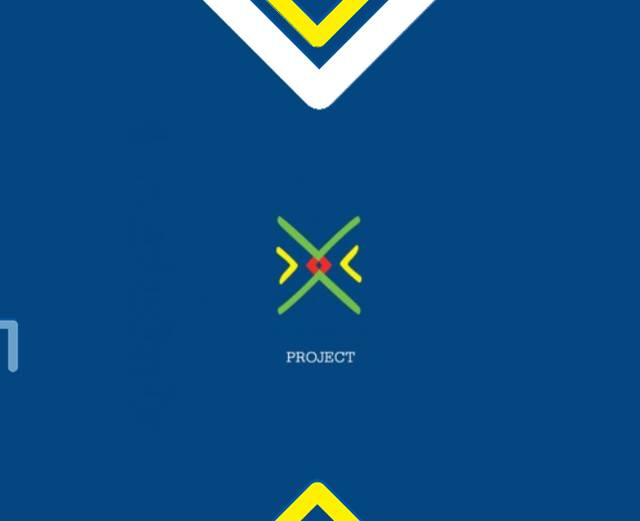
Our Projects are
Transforming African Trade
Quick Contacts
2nd Floor, Fidelity Insurance Centre Waiyaki Way, Westlands





Under Strategy one, TradeMark Africa (TMA) supported EAC Partner States to implement a number of trade reforms around the Single Customs Territory (SCT); undertake improvements in trade facilitation infrastructure at ports of Mombasa and Dar-es-Salaam; connect roads and border posts; improve customs efficiency and harmonisation of trade standards and creation of a reporting framework for non-tariff barriers. TMA also provided hands-on assistance in building capacity of its implementing partners to develop project monitoring and implementation frameworks. More importantly, TMA’s governance model of National Oversight Committees and national presence in all the EAC Partner States, provide an opportunity for its partners to proactively engage in programme delivery, and affords them ownership and the ability to sustain projects upon closure.
Results of TMA Strategy 1 interventions have been positive. Clearance of cargo along the Northern Corridor reduced from 21 days to between 4 and 6 days from Mombasa to Kigali; and from 18 days to 3 to 4 days from Mombasa to Kampala. The time to resolve non-tarrif barrier (NTB) related cases reduced from an average 34 to 8 months per NTB reported; while more than 170 product standards related to 40% of the key top 20 products traded across the EAC region have been harmonized.
The overall outcome of the Trade Policy Programme is to support the EAC Secretariat and Partner States towards an Improved Trade Regulatory Environment and contribute to the reduction of trade barriers and improved business competitiveness in the region.
To achieve this, four interrelated interventions are proposed:
Traders in the East African Community (EAC) currently spend numerous days visiting multiple government agencies in various locations to obtain regulatory information permits, trade licenses and clearance certificates to complete import and export processes. This results in huge costs and time loss for the traders.


A national electronic single window, resolves the time and cost challenges and eliminates non-tariff barriers. In this case, UESW will link 22 government Ministries, Departments and Agencies thereby reducing transaction costs and time associated with processing select imports and exports documentation.


The single window will minimize time taken to complete standard import and export processes across the EAC, increase user- compliance with trade procedures, and decrease the time it takes to complete documentation. This will contribute to reducing trade costs in East Africa.


The Rwanda Electronic Single Window (ReSW), which was effectively launched in 2012, represents a major initiative to facilitate trade, enhance international competitiveness, and promote development and regional integration, with the ultimate aim of reducing poverty. TMEA provided $3.3 million for the first phase of this project from 2012 to 2014....


Uganda Revenue Authority improves the efficiency of customs processing resulting in higher revenue collections and a decrease in average time to clear customs consignments. These results will contribute to trade costs in East Africa.


Phase 1 evaluation involved assessing a total of 6 SWIFT projects whose systems had been deployed and they included: two projects in Kenya ( in the Kenya National Chamber of Commerce and Industry, (KNCCI), and the Tea Directorate (TD); two projects in Rwanda (in the Ministry of Agriculture (RALIS -...


Phase 1 evaluation involved assessing a total of 6 SWIFT projects whose systems had been deployed and they included: two projects in Kenya ( in the Kenya National Chamber of Commerce and Industry, (KNCCI), and the Tea Directorate (TD); two projects in Rwanda (in the Ministry of Agriculture (RALIS -...

